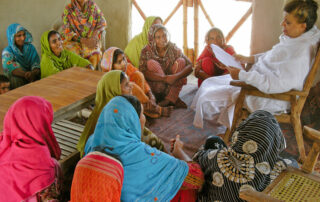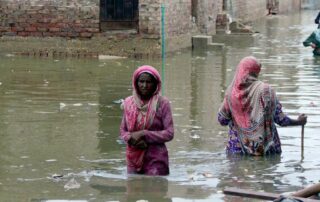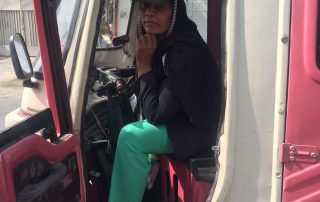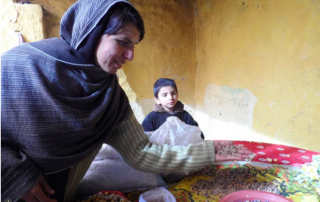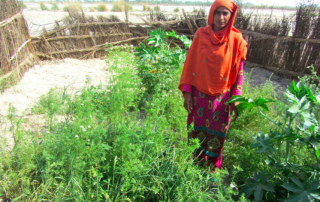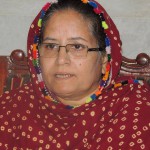Architecture as Activism: Yasmeen Lari’s Eco-Feminist Work
Yasmeen Lari, a Pakistani woman, has dedicated her life to intersecting architecture and Ecofeminism. She developed the Barefoot Architecture Project to address social, economic, and gender inequities that exist in rural Pakistan through conscious architecture. Due to overarching gender roles, many women play a large role in cooking, cleaning, and caregiving for their families and community. Lari developed the Pakistan Chula, an elevated, cost-effective and smokeless stove made with local mud and plaster. The Pakistan Chula has lowered risk for burns or lung conditions, minimized potential for flood damage, and has brought women dignity while preparing traditional food. In addition to co-constructing the chulahs, Lari also trained the women to create bricks, tiles, and flood-resistant houses using local materials. This has empowered local women to not only socialize and participate more in the community, but also increase their economic stability. Photo Credit: Copyright Yasmeen Lari/Heritage Foundation of Pakistan


